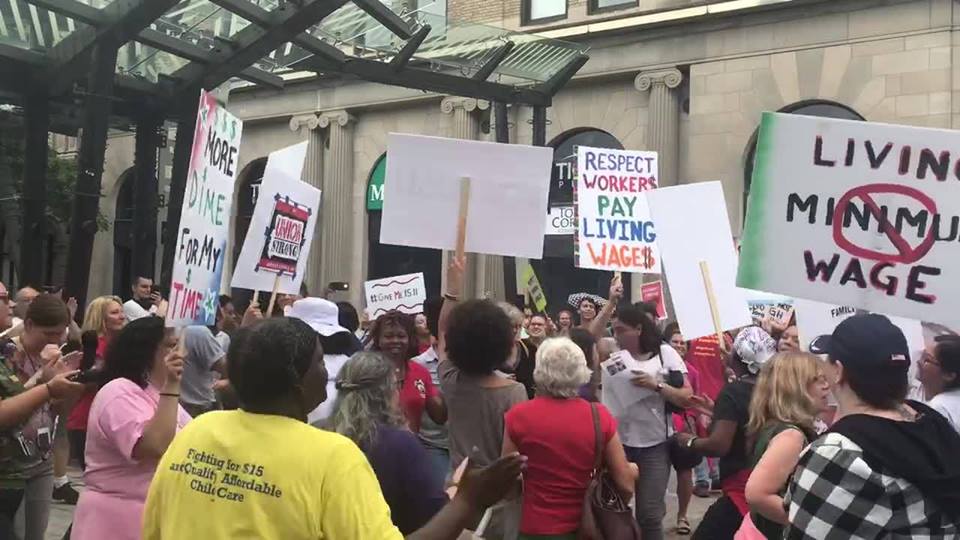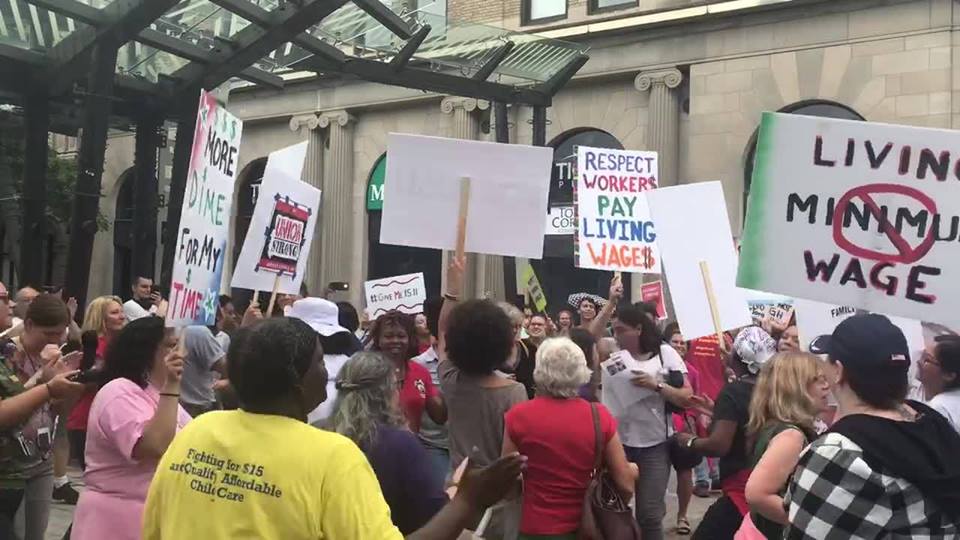Communities in Crisis: A Way Forward
The police murder of George Floyd, the lynching of Ahmaud Arbery, the
near lynching of Central Park birder Christian Cooper, the police
killing of EMT Breonna Taylor in Louisville, and the many other acts of
terror directed at people of color reflect and reproduce our 400-year
history of slavery and racism.
And, in a way, so has COVID-19, with its lethality falling disproportionately on communities of color and the working poor.
These
are well known facts of recent history, but how can we make our
tomorrows better than our yesterdays and today? We can recognize that
the struggle for racial equality is one with the struggle for economic
equality.
The Tompkins County Workers’ Center (TCWC) has always sought to link
racial and economic equality, and in the face of the mass uprising for
human rights that is currently galvanizing communities throughout the
United States, this is true more than ever.
This was Rev. Martin Luther King Jr.’s vision a half century ago: true
racial progress in the United States is impossible without fundamental
economic change and a redistribution of wealth and power. It is also our
vision. The TCWC remains dedicated to getting rid of the root causes of
poverty and injustice in our society and capitalist economy, through
fundamental institutional change.
So, focusing on police reform or racial sensitivity training is neither
enough nor does it get at the root of the problem. Social and economic
transformation is essential to changing course. And this can and must
occur locally – right here in Ithaca and Tompkins County – no less than
at the national and international levels. It means a local law ensuring
living wage jobs for all, dignified treatment in the workplace, the
construction and availability affordable housing, investments in
education and child care, and ensuring adequate health care for all.
We stand with the vision of Dr. King. “Now our struggle is for genuine
equality, which means economic equality,†he told striking sanitation
workers in Memphis shortly before he was murdered. “For we know now that
it isn’t enough to integrate lunch counters. What does it profit a man
to be able to eat at an integrated lunch counter if he doesn’t have
enough money to buy a hamburger?â€
Pete Meyers, Tompkins County Workers’ Center and Carl Feuer of the Midstate Council on Occupational Safety and Health


